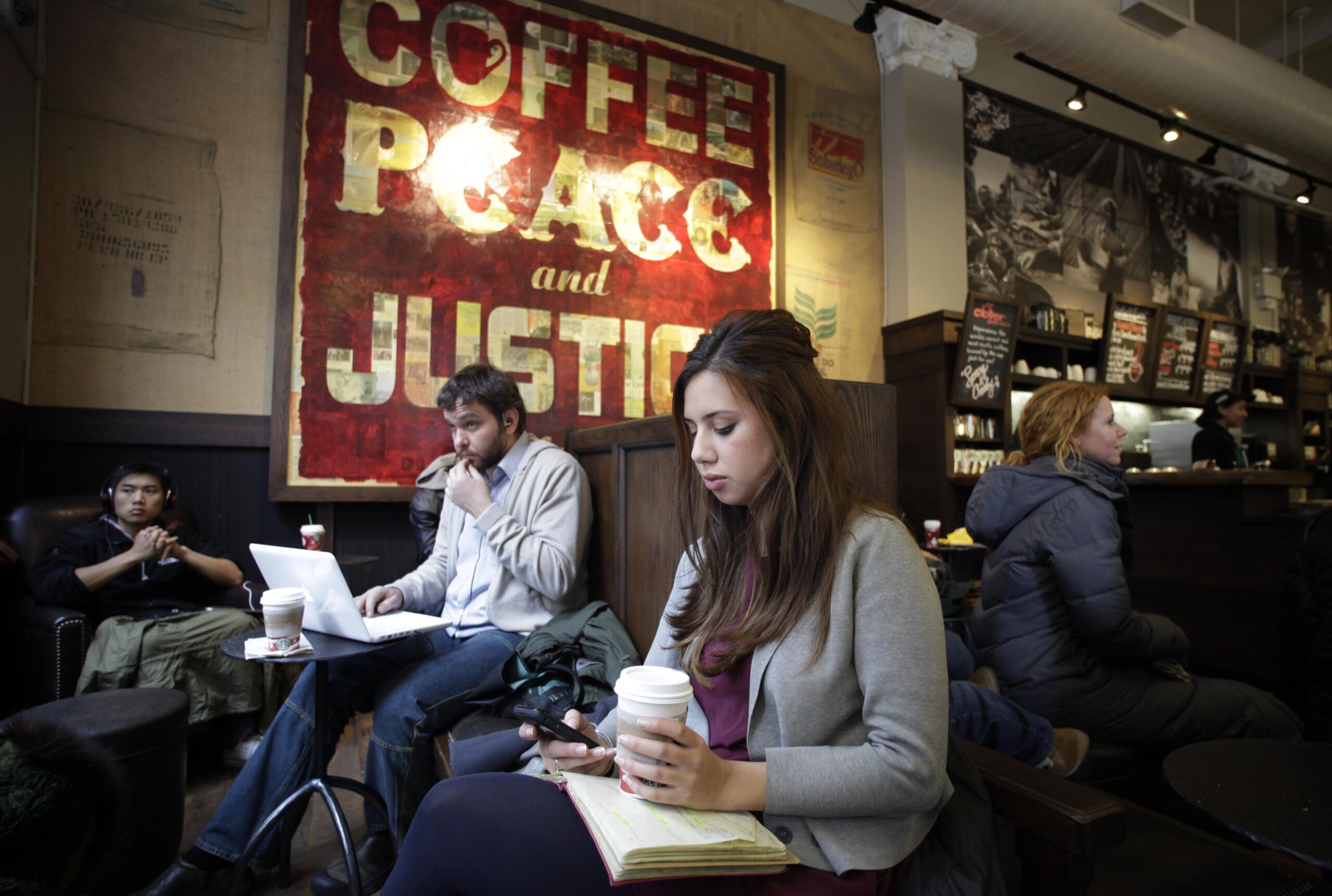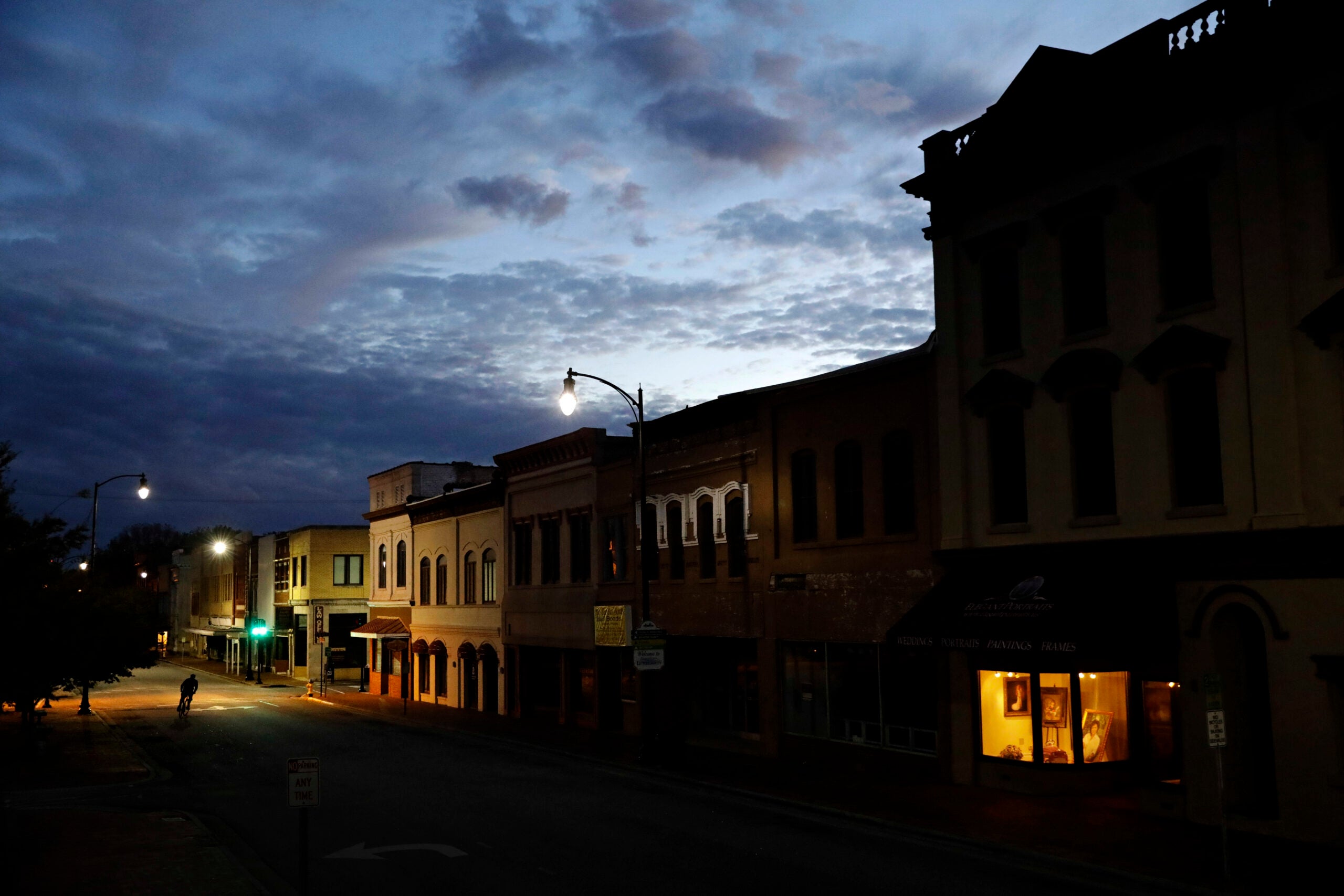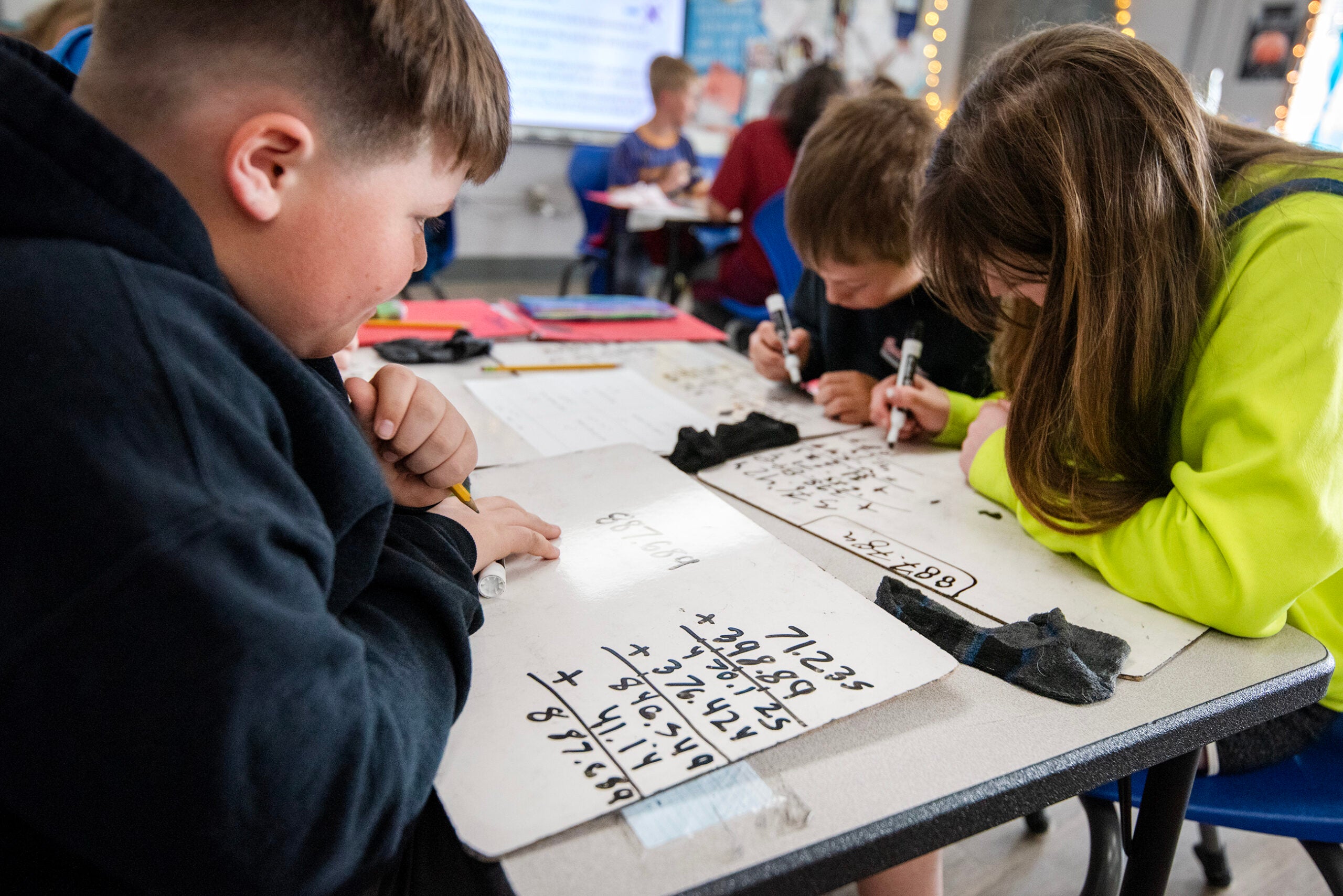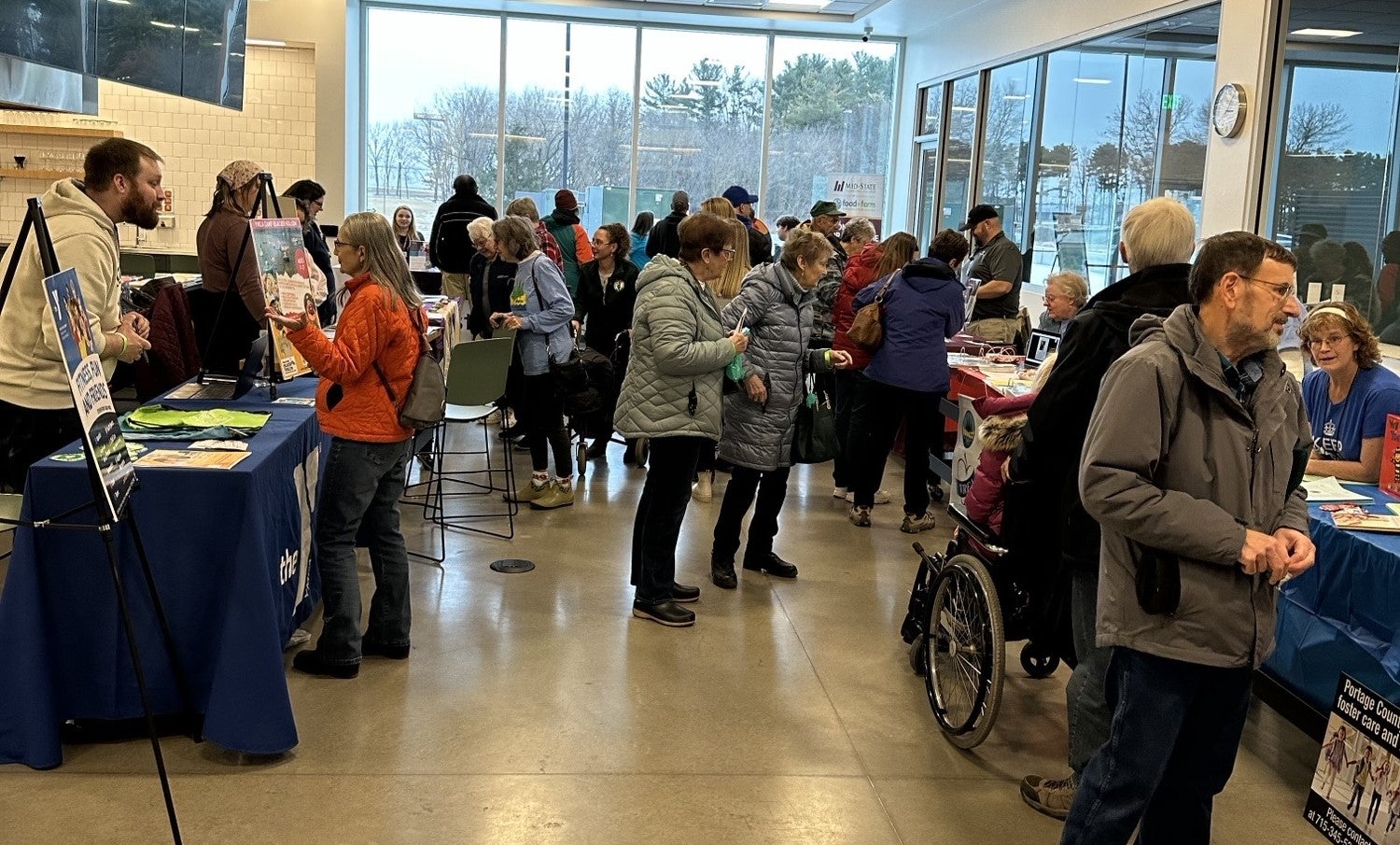At the same time experts, including the Surgeon General, warn of epidemic of loneliness in the United States, studies show Americans are worried about citizens’ deep distrust of each other.
These trends are not new, but an increasing lack of social connectedness to family and friends continue to perpetuate the issues.
The Wisconsin Institute for Law & Liberty is exploring this topic in three research papers being released throughout the summer.
News with a little more humanity
WPR’s “Wisconsin Today” newsletter keeps you connected to the state you love without feeling overwhelmed. No paywall. No agenda. No corporate filter.
The organization said the first report, released this month, “lays the foundation for the two following papers that discuss the greater role that technology and the internet has played in declining social capital, and solutions that can be implemented by governments, organizations and individuals.”
It’s a departure from the conservative law firm’s normal focus, which includes filing lawsuits focused on culture war topics — diversity programs, voting rights, school accommodations for transgender students — typically used as a wedge in the cultural divide.
Will Flanders, research director for the organization, said all political parties can agree there has been something lost in the culture that lets people connect with others who have different perspectives.
“We try as an organization to not raise the temperature further, but of course, we fail in that in some circumstances,” Flanders said. “We don’t absolve ourselves, I guess, of playing a role in the way things are, but we’re at least thinking about ways that we can be a better community leader.”
Eric Liu is the CEO of Citizen University, a Seattle-based nonprofit that aims to build community and civic awareness nationwide. He said it’s not surprising that a conservative law firm like WILL is taking on the topic of loneliness and social capital.
“It can sound like a left wing idea — the idea that people should join and associate and organize together — but it’s actually a conservative idea, in a sense of people associating and choosing to know each other and deal with each other and solve problems together, without relying on the government,” Liu said.
“I suppose that is the silver lining — people on both the right and the left are realizing that this crisis of loneliness, of social isolation, of dehumanizing each other,” Liu continued. “When you don’t see people and you don’t know people and you don’t join people, it’s really easy to flatten them into two dimensional characters that you then mock or hate or are contemptuous of.”
Loneliness and social isolation have been linked with increases in negative and violent behaviors, and studies have shown that it is the leading factor in those who commit mass shootings. Loneliness also leads to higher risks of dementia, heart disease and stroke.
WILL report finds Wisconsin doing better than most
WILL’s report released this month pulled data from the Joint Economic Committee of the U.S. Congress, which began researching social capital in 2017.
The committee collected data on 26 variables, including family interaction, community health and social support.
Looking at that data for Wisconsin, WILL determined the state ranks third overall for “social capital strength.”
The report found Sawyer, Forest, Menominee and Milwaukee counties, which all have higher levels of poverty, scored lower.
Other findings include:
Family Unity: Percentage of births to unmarried women, women currently married, and children with a single parent. Wisconsin ranks 16th.
Family interaction: Percentage of children who are read to every day in the past week, children who watched four or more hours of television in the past week, and children who spent four or more hours on an electronic device in the past week. Wisconsin ranks 9th.
Social Support: Percentage of people who get emotional support sometimes, rarely or never, neighbors who do favors at least once a month, people who trust most or all their neighbors, and the average number of close friends. Wisconsin ranks 3rd.
Community Health: Percentage of people who attended a meeting which discussed politics in the last year, participated in a demonstration, volunteered for a group, attended a public meeting, worked with neighbors to fix something, served on a committee or as a group officer, and the number of organizations per 1,000 people. Wisconsin ranks 7th.
Institutional Health: Percentage of people with some or great confidence in corporations to do the right thing, some or great confidence in media, some or great confidence in public schools, the census response rate and voting rate in presidential elections. Wisconsin ranks 2nd.
Liu, from Citizen University, said in this time of isolation, people should name their pain and then move past it by committing to socialize more.
“It’s not rocket science — what we do about this loneliness epidemic — but in some ways it’s harder because it requires us to change our narrative about what we think we can do,” Liu said.
“That’s true whether you live in rural Wisconsin or in the middle of Milwaukee or anywhere,” he said. “Choosing to step into spaces where you won’t already know everybody and won’t already be like everybody, whether that’s in race, faith, ideology, background, whatever it is choosing to create, and to invite people into spaces or to invite yourself into spaces. That’s critical.”
Wisconsin Public Radio, © Copyright 2025, Board of Regents of the University of Wisconsin System and Wisconsin Educational Communications Board.







